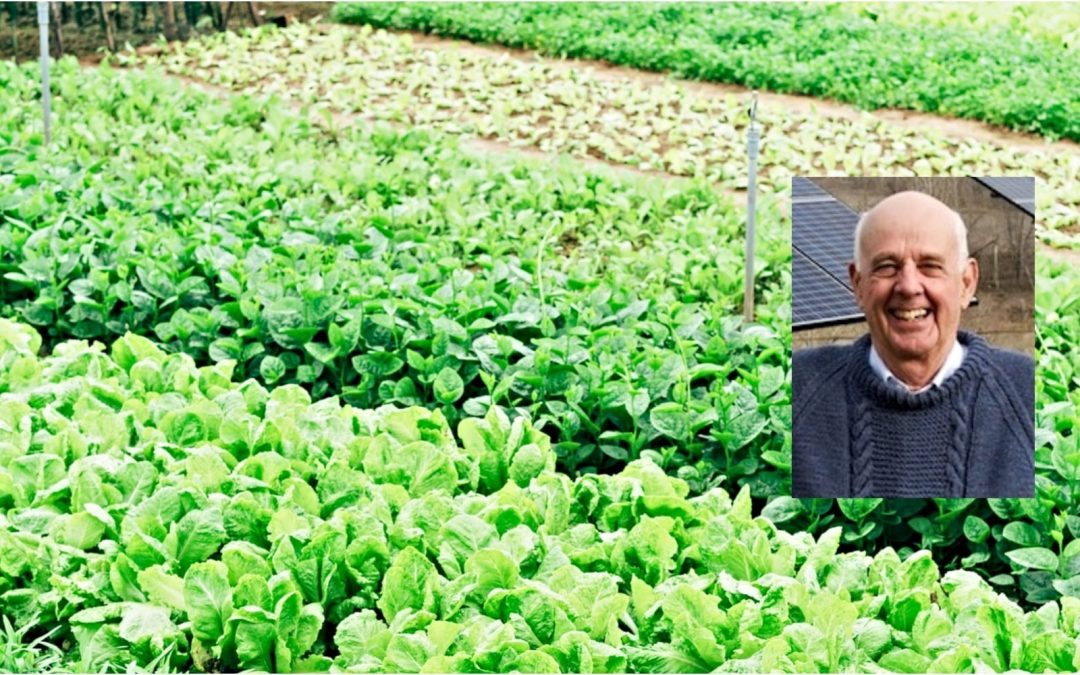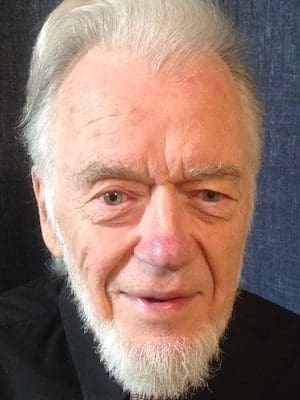Wendell Berry, the inimitable farmer, who is also a novelist, poet, essayist, environmental activist and cultural critic, is celebrating his 85th birthday today.
I now refer to Berry as “my favorite farmer.” Why would I do that? (And who would have a list of favorite farmers?!)
Well, I am the son of a farmer, and I would have to say that my father, who died in 2007, was my favorite farmer – even though my appreciation for him, of course, was for far more than his being a farmer.
Another of my favorite farmers was Clarence Jordan, the founder of Koinonia Farm in Georgia.
I have long had great admiration for Jordan, and in July 2012 (on the day after the 100th anniversary of his birth) I posted a blog article titled “In Praise of Clarence Jordan.”
My appreciation for Jordan, who died in 1969, was mainly, though, because of his public words and actions rather than because of how he farmed.
Berry is now my favorite living farmer – but just as for my father and Clarence Jordan, it is for far more than his being a farmer that I admire him and seek to honor him today on his birthday. Still, his being a farmer is also of significance.
In the summer of 1964, Berry moved back to Kentucky to a small acreage on the Kentucky River near where he was born in 1934.
In the 1964-65 academic year, I lived in east Kentucky, serving as pastor of Clay City Baptist Church and making numerous trips to Louisville where I was a graduate student.
As I regularly crossed the Kentucky River south of Frankfort on I-64, I didn’t know the man whom I would later call my favorite farmer lived downstream, not far from where that river flows into the Ohio River.
In fact, it would be several years before I would even hear the name Wendell Berry.
Through the years, however, I began to hear more and more about Berry and became increasingly impressed with him as a farmer, as a writer/poet and as an environmentalist. His is truly a prophetic voice that needs to be heard and heeded today.
Since from back in the 1970s, many of us have used what we thought was a good slogan: “Think globally, act locally.”
It was with some consternation, then, that I recently discovered that Berry did not particularly like that slogan.
The Kentucky farmer has consistently swum against the stream, and he expresses that perspective in his poem, “The Contrariness of a Mad Farmer” (read here by Berry himself in 2016).
Berry emphasizes the importance of thinking locally as well as acting locally.
One of his essays is titled “Think Little.” In that 1970 essay, he writes, “For most of the history of this country, our motto, implied or spoken, has been Think Big. A better motto, and an essential one now, is Think Little.”
Thinking little, in part, means seeking to change one’s own lifestyle and consumption habits for the sake of the environment rather than trying to change the world.
“If you are concerned about air pollution, help push for government controls, but drive your car less, use less fuel in your home. … if you are fearful of the destruction of the environment, then learn to quit being an environmental parasite,” Berry writes in “Think Little” and recently republished in “The World-Ending Fire: The Essential Wendell Berry.” “To have a healthy environment, we will all have to give up things we like; we may even have to give up things we have come to think of as necessities.”
Through the decades, Berry has lived out his ideals on his small Kentucky acreage.
He has farmed with horses rather than with tractors. And one of his well-known essays is “Why I Am Not Going to Buy a Computer” (1987).
In this modern world, there probably can’t be many people who think and especially who live like Berry.
Nevertheless, the world is certainly better off because of the way he thinks and lives – and because of the way he has been able to share his wisdom so widely, despite not using a computer.
Berry’s is not the final word on the issues he addresses. But his is, indeed, a good and important word that needs to be considered with utmost seriousness.
A missionary to Japan from 1966-2004, he is both professor emeritus of Seinan Gakuin University and pastor emeritus of Fukuoka International Church.


